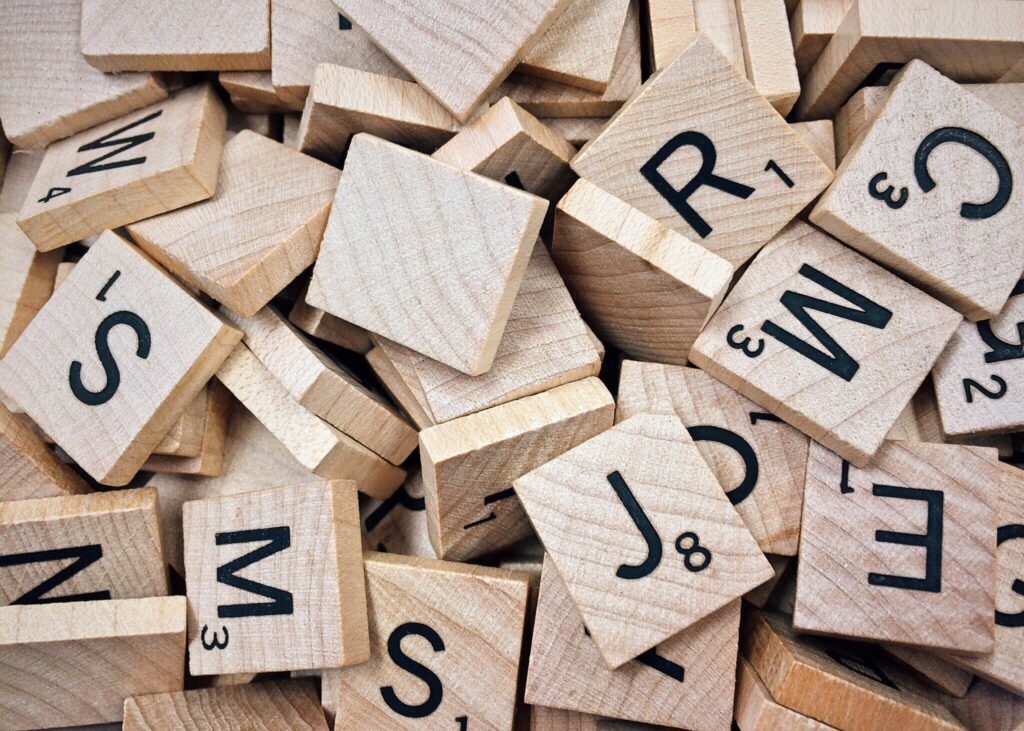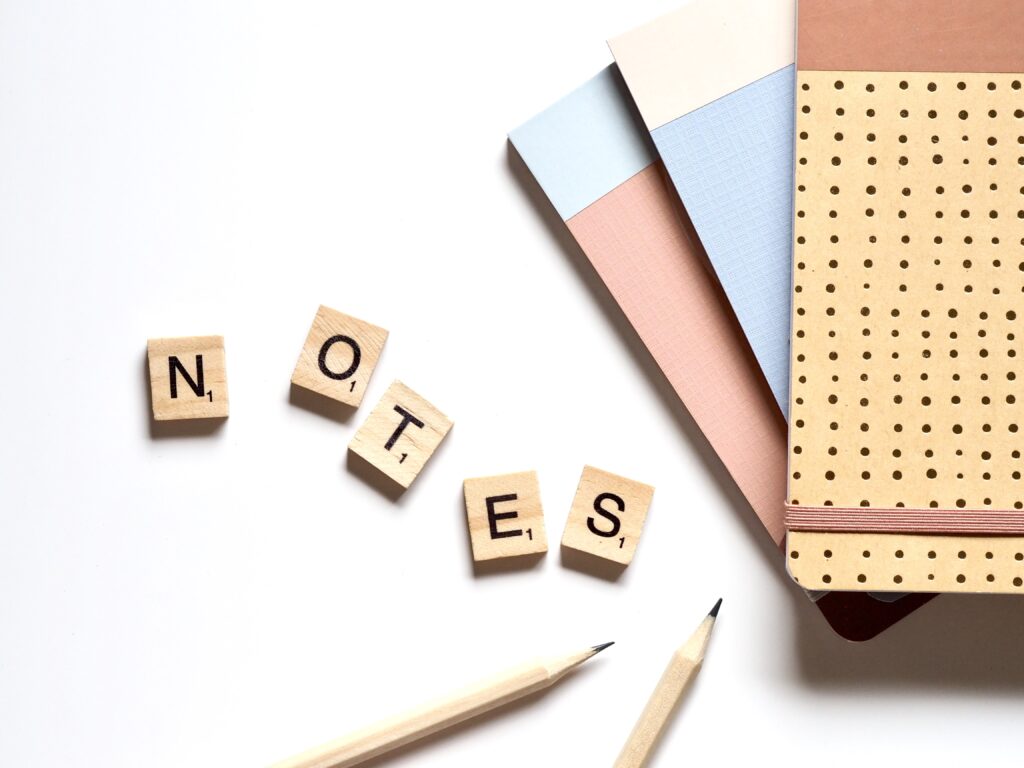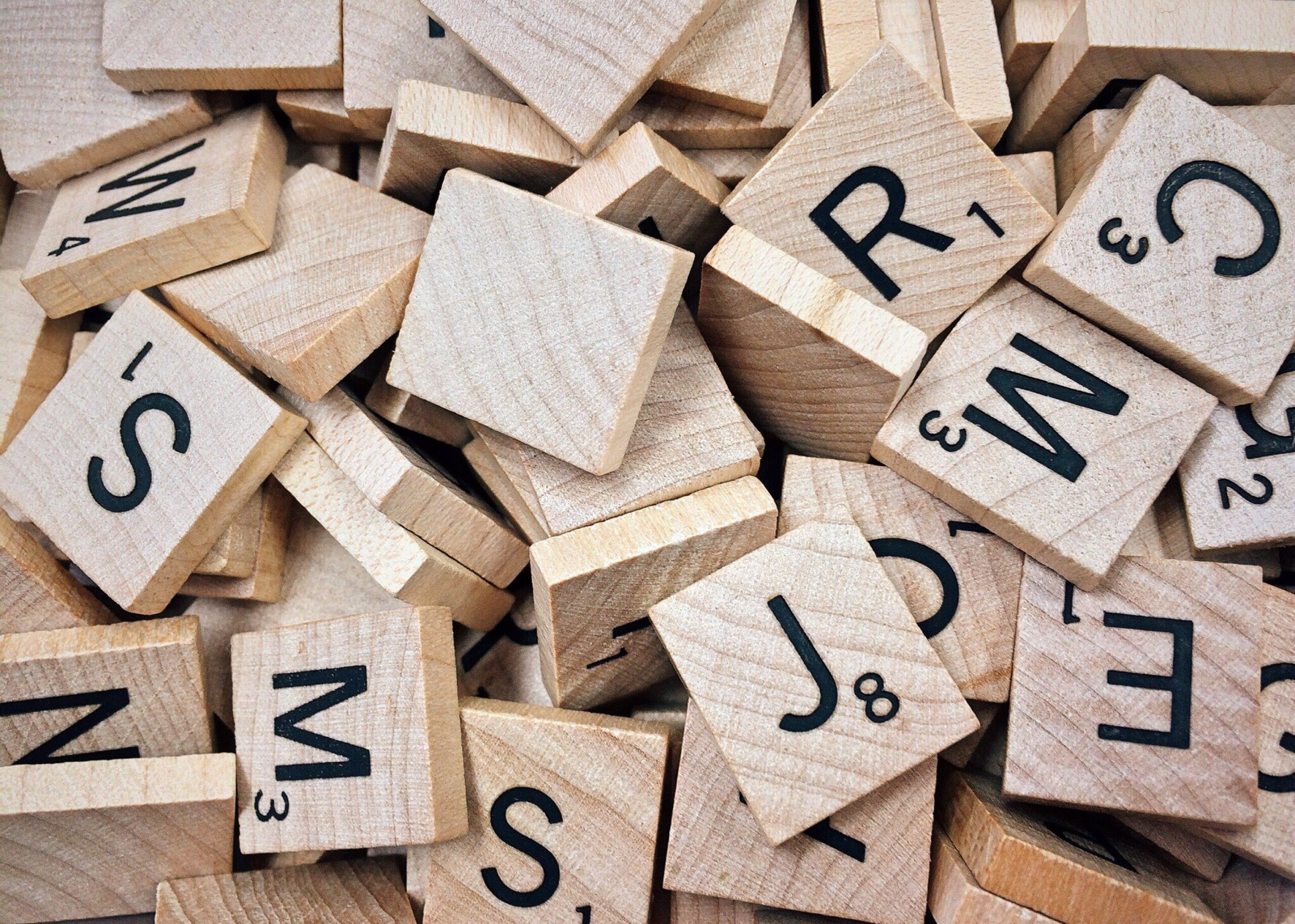Scrabble is a captivating strategy board game that involves interlocking words on a crossword puzzle-like game board. Played by 2-4 players, the game requires a game board, 100 letter tiles, a letter bag, and four letter racks. The brilliant mind behind Scrabble, Alfred Mosher Butts, ingeniously combined the features of anagrams and crossword puzzles to create an engaging and intellectually stimulating game. Each player draws seven letter tiles and takes turns strategically placing words on the board, earning points based on the letters used and the value of high-scoring squares. With options to exchange tiles, pass, or play a word, the game offers strategic decision-making opportunities. It is critical to note that while points can be challenged, proper nouns, abbreviations, and foreign words are not admissible. The game comes to an end when a player utilizes all their letters or when there are no more remaining plays. The player with the highest score emerges as the victor, although there are also variations of the game for added excitement, such as 9 Tile Scrabble and Finish Line Scrabble. With a scoring system based on point values of letter tiles and special bonuses for utilizing all seven letters in a single turn, Scrabble promises endless hours of intellectual amusement for players of all ages.

Overview of Scrabble
Scrabble is a classic strategy board game that has entertained players of all ages for decades. It challenges players to create words by strategically placing letter tiles on a crossword puzzle-like game board. In this comprehensive article, we will delve into the various aspects of Scrabble, including its invention, components, objective, gameplay, scoring, variations, strategy tips, etiquette, and the benefits of playing Scrabble.
What is Scrabble?
Scrabble is a word game where players earn points by forming interlocking words on a game board. It combines elements of anagrams and crossword puzzles to create a unique and engaging gameplay experience. The game is designed to test players’ vocabulary, spelling skills, strategic thinking, and ability to maximize their score.
Invention of Scrabble
The game of Scrabble was invented by Alfred Mosher Butts, an American architect, in the late 1930s. Butts combined his passion for crossword puzzles and anagrams to create a board game that would later become a worldwide phenomenon. Over the years, various manufacturers have produced different versions of Scrabble, but the core gameplay remains the same.

Components of Scrabble
To play Scrabble, players need several components. These include a game board, 100 letter tiles, a letter bag, and four letter racks. The game board features a grid of squares that form the playing surface. The letter tiles, each with a specific point value, are placed on the board to form words. The letter bag holds the remaining tiles and is used for drawing replacements. The letter racks hold the tiles that each player has drawn.
Objective of Scrabble
The objective of Scrabble is to earn the highest score by strategically placing words on the game board. Players take turns forming words by connecting letter tiles to existing words on the board. Points are earned based on the letters used and the value of the squares on which the tiles are placed. The game ends when a player uses all their letters or there are no more remaining plays. The player with the highest score at the end of the game emerges as the winner.
Playing Scrabble
Number of Players
Scrabble can be played by 2 to 4 players, making it a versatile game for different group sizes. The game accommodates both one-on-one challenges and multiplayer competitions, allowing for engaging gameplay in various social settings.
Setting Up the Game
To set up the game, unfold the game board and place it within reach of all players. Each player should receive a letter rack and randomly draw seven letter tiles from the letter bag. The remaining tiles are placed facedown in the bag. It is important to ensure that all players keep their letter racks concealed from the view of the other players throughout the game.
Drawing Letter Tiles
After the initial set up, players take turns in a clockwise direction. On their turn, a player can choose to draw one, two, or three letter tiles from the letter bag to replenish their letter rack. After drawing new tiles, the player’s turn continues, and they can proceed to place words on the board or opt for other gameplay options.
Placing Words on the Board
When it is their turn, players can place one or more words on the game board using their letter tiles. Words can be connected to existing words on the board, either horizontally or vertically, with at least one letter overlapping. The first word must be placed in the center square of the game board. Subsequent words can be strategically placed to earn higher scores by utilizing high-scoring squares and creating new words by extending existing ones.

Scoring in Scrabble
Point Values of Letter Tiles
Each letter tile in Scrabble carries a specific point value, ranging from 1 to 10. The point values are assigned based on the frequency of occurrence of each letter in the English language. Common letters such as “E” and “I” have lower point values, while less common letters like “Q” and “Z” have higher point values. It is important to make strategic use of high-value letters to maximize the score.
High-Scoring Squares
The game board in Scrabble features special squares that offer bonus points when a letter tile is placed on them. There are double letter score (DL) squares, which double the value of the letter placed on them, and triple letter score (TL) squares, which triple the letter value. Additionally, there are double word score (DW) squares and triple word score (TW) squares, which multiply the entire word score by two or three, respectively. Utilizing these high-scoring squares can significantly boost a player’s score.
Bonuses for Using All Seven Letters
If a player successfully uses all seven of their letter tiles in a single turn, they receive a bonus called a “bingo.” This bonus awards an additional 50 points on top of the score earned from the word itself. Encouraging strategic play, the bingo bonus incentivizes players to maximize their word-building potential and make the most of their available letters.
Challenging Words
In Scrabble, players have the option to challenge words played by their opponents. If a player believes that a word placed on the board is not valid, they can challenge it. The validity of the word is determined by consulting a standard dictionary or an agreed-upon word reference. If the challenged word is found to be invalid, it is removed from the board, and the player who originally played the word loses their turn. If the challenged word is deemed valid, the challenger loses their turn.
Gameplay Options
Exchanging Tiles
During their turn, players have the option to exchange one or more of their letter tiles for new ones from the letter bag. By exchanging tiles, players can attempt to improve their letter rack and increase their chances of forming high-scoring words. However, exchanging tiles counts as the player’s turn, so they must carefully weigh the potential benefits against the loss of a scoring opportunity.
Passing a Turn
If a player does not wish to play a word or exchange tiles on their turn, they can choose to pass. Passing allows the player to retain their current letter tiles and wait for a more favorable opportunity to play a word. It is important to strategize and consider future moves when deciding whether to pass.
Playing a Word
Playing a word is the primary action in Scrabble. Players can place one or more words on the game board by placing their letter tiles on vacant squares. Words must be formed horizontally or vertically and must connect to existing words on the board. Once a word is played, the player scores points based on the letters used and any high-scoring squares occupied.
End of the Game
Using All Letters
The game of Scrabble can end when a player successfully uses all of their letter tiles. This achievement, known as a “bingo,” signals the conclusion of the game. The player who uses all their letters receives additional points for the bingo bonus, and the final scores of all players are calculated.
No More Remaining Plays
If there are no more remaining plays on the board and none of the players can form words with their available tiles, the game ends. In this case, the player with the highest score at that point is declared the winner. It is essential to remain mindful of the board state and plan ahead to avoid getting stuck with unplayable tiles.
Variations of Scrabble
9 Tile Scrabble
9 Tile Scrabble is a variation of the game designed for faster gameplay. Instead of the usual seven tiles, each player starts with only nine tiles. This variation encourages players to create shorter words and adapt their strategy to the limited number of tiles. It offers a dynamic and condensed version of Scrabble that can be enjoyed in shorter time frames.
Finish Line Scrabble
Finish Line Scrabble is a variation that adds an element of competition to the game. In this version, players race to complete a predetermined number of words or reach a specific score first. It adds an element of urgency and excitement to the gameplay, as players strive to outpace their opponents to reach the finish line.
Strategy Tips for Scrabble
Focus on High-Value Letters
To maximize your score in Scrabble, it is crucial to focus on using high-value letters such as “Q,” “Z,” and “X.” These letters have a higher point value, and incorporating them into your words can significantly boost your score. Additionally, strategically placing these letters on high-scoring squares can further enhance your score.
Look for Opportunities to Create Multiple Words
Instead of focusing solely on creating one long word, keep an eye out for opportunities to create multiple words in a single turn. By extending existing words or branching off from them, you can maximize your score and create a more dynamic playing field. The ability to create multiple words in a single turn is a key strategy in Scrabble.
Manage Your Letter Rack
Effectively managing your letter rack is essential for success in Scrabble. Aim to maintain a balance of consonants and vowels to increase your word-building options. Strategically exchanging tiles when necessary can also help improve your letter rack and provide more opportunities for high-scoring words.
Keep an Eye on the Game Board
Remaining attentive to the state of the game board is crucial. By observing how words are being placed and considering potential word combinations, you can identify advantageous spots for your own words. Paying attention to high-scoring squares and planning future moves based on the current board layout can give you a strategic advantage.
Etiquette and Rules in Scrabble
Prohibited Words
In Scrabble, certain types of words are generally prohibited. Proper nouns, abbreviations, prefixes, and suffixes cannot be used as stand-alone words. It is important to consult a standard dictionary or an agreed-upon word reference to determine the validity of a word. Following these rules ensures fair play and maintains the integrity of the game.
Acceptable Words
Acceptable words in Scrabble are typically single words found in standard dictionaries. These words can be from various languages, including English, but must be well defined and recognized. Scrabble enthusiasts often consult official word lists, such as the Official Scrabble Players Dictionary, to determine the acceptability of words.
Challenges and Resolutions
Challenges can arise when players suspect that a word played by an opponent is not valid. When a challenge occurs, the word in question is checked against a standard dictionary or an agreed-upon word reference. If the word is found to be invalid, it is removed from the board, and the player loses their turn. However, if the word is valid, the challenger loses their turn. Challenges provide a mechanism for fair play and prevent the use of invalid words.
Disputes and Fair Play
In the spirit of fair play, it is important to resolve any disputes or disagreements that may arise during the game amicably. Good sportsmanship is key, and players should communicate respectfully and follow the agreed-upon rules. Resolving disputes in a fair and respectful manner ensures an enjoyable gaming experience for all participants.
Benefits of Playing Scrabble
Building Vocabulary
Playing Scrabble is an excellent way to expand your vocabulary and increase your word knowledge. By actively engaging in word formation and exploring different word combinations, players are exposed to a wide variety of words. Scrabble can help players discover new words, improve their spelling, and enhance their language skills.
Improving Spelling
The strategic nature of Scrabble requires players to select and place letters in the correct order to form valid words. This process reinforces spelling skills and helps players improve their ability to recognize and use different letter combinations. Regularly playing Scrabble can significantly enhance spelling proficiency.
Enhancing Strategic Thinking
Scrabble is a game that greatly emphasizes strategic thinking. Players must consider various factors, such as scoring opportunities, word placement, and tile management, in order to maximize their score. The game challenges the mind to think analytically, plan ahead, and make strategic decisions. Regular gameplay can enhance overall strategic thinking skills.
Enjoying Social Interaction
Scrabble is an engaging game that encourages social interaction. Whether played with family members, friends, or fellow enthusiasts, Scrabble provides an opportunity to bond, have fun, and engage in friendly competition. It promotes communication, collaboration, and shared experiences, making it a popular choice for social gatherings.
Conclusion
Scrabble is a timeless board game that offers a unique and intellectually stimulating experience. With its combination of word formation, strategy, and friendly competition, Scrabble has captivated players worldwide. Whether you are a seasoned player or new to the game, the comprehensive information provided in this article will guide you through the rules, strategies, and benefits of playing Scrabble. So gather your friends or family, set up the game board, and let the word-building adventure begin!








